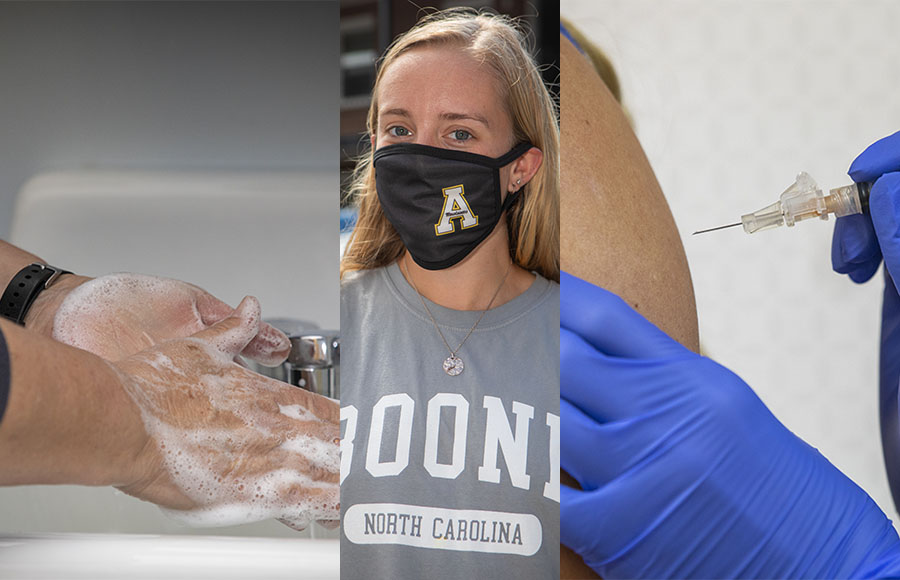
The first three recommendations from Appalachian State University’s student health medical director for staying healthy this winter are, pictured from left, washing your hands frequently, wearing a face covering and getting a flu shot. Photos by Marie Freeman
BOONE, N.C. — Want to stay healthy this winter? Appalachian State University’s Taylor Rushing, M.D., medical director of the M.S. Shook Student Health Service on campus, offers these recommendations for keeping your physical and mental health in check:
- Physical health
-
Wash your hands frequently. “We all know this helps,” Rushing said. “The use of soap and hot water can’t be stressed enough.”
Continue to wear a face covering when around other people. This is recommended by the Centers for Disease Control and Prevention (CDC) to lessen the spread of COVID-19. “An added perk as we go into flu season is that it should also help lessen the spread of influenza,” Rushing said.
Get a flu shot. While face coverings will hopefully help decrease flu transmission, viruses that cause the flu remain an annual threat. “The flu shot lessens the likelihood of catching the flu greatly. For those who still catch flu despite being immunized, having had the vaccine will typically decrease severity of symptoms,” Rushing said.
Stay home if you are not feeling well. This will help prevent transmission of flu, COVID-19 and other infections to other people. It can be hard to stay home and rest, said Rushing, “but we all need to stay home if we’re feeling ill." An added benefit to doing so: “Rest will also help you recover more quickly,” he said.
Sleep. A third of U.S. adults report they usually get less than the recommended amount of sleep (seven or more hours per night for adults over 18), which is needed for good health, according to the CDC. “Adequate hibernation isn’t just for bears. Maximizing sleep helps your body and your mind,” Rushing said. Read the CDC’s tips for better sleep.
Exercise at least three to five days a week. Numerous research studies have shown being physically active has positive impacts on both your body and your brain. “Work up a sweat — you’ll feel better with an endorphin rush,” Rushing said. App State students can use University Recreation’s facilities and programming, which include a number of exercise videos. See outdoor options below.
Go outside. Less sunlight exposure has been linked to depressive symptoms, so going for a brisk walk can help satisfy exercise goals and increase exposure to the sun. Outdoor activities with others are likely safer than indoor gatherings in terms of preventing the spread of illness, Rushing said. Some options include parks and trails found locally on the Park Rx America website or along the Blue Ridge Parkway, as well as area ski slopes and skating rinks. Just be sure to dress in layers and protect your head, ears, hands and feet.
- Mental health
-
Give yourself grace and space. “Nothing is quite right since the pandemic began, so give yourself grace and space. It’s OK to not feel OK. It’s also OK to lower your expectations of yourself and others. Do your best and that is enough,” Rushing said. For those experiencing severe symptoms of sadness or anxiousness, App State’s Counseling and Psychological Services Center provides telecounseling services and group meetings.
Plan things to look forward to. Gathering with a few friends may give a mental boost, but do so safely — preferably outdoors where risk of transmission is lowered. Electric blankets can be helpful for sitting outside more comfortably with friends, Rushing said. “If you feel you can’t gather with others because of high-risk health issues, then plan things for yourself — takeout from a favorite restaurant, a Zoom gathering with friends or a movie night alone,” he added.
Stay connected with family and friends. If you have people who are good emotional support for you, Rushing recommends staying in close contact with them — and preferably electronically or by other safe measures. “Reach out to family and friends often. Check on your family and friends, too. We all need as much help as we can get right now,” Rushing said.
In addition, staying on top of your academic responsibilities can go a long way in supporting your overall health and well-being, Rushing said. He advises those who are feeling challenged to reach out to professors, advisers or the Office of the Dean of Students. “You have options,” he said.
What do you think?
Share your feedback on this story.
About Appalachian’s M.S. Shook Health Service
Appalachian State University’s Mary S. Shook Student Health Service is a primary care ambulatory campus health clinic helping meet the needs of Appalachian students. Centrally located on campus, it is fully accredited by the Accreditation Association for Ambulatory Health Care. The health clinic’s dedicated and experienced staff physicians, physician assistants, nurse practitioners, and nursing and support staff provide high-quality health care at low cost. Learn more at https://healthservices.appstate.edu.
About Student Affairs at App State
Student Affairs at App State supports student success and well-being by fostering a culture of care, inclusion and engagement. Its mission is to develop lifelong learners and dynamic leaders through meaningful experiences that challenge and support students. Grounded in a commitment to care, engage and transform, Student Affairs creates a student-centered environment that encourages resilience, leadership, service and global learning. Student Affairs encompasses the following units: Campus Activities, Case Management, the Child Development Center, Community-Engaged Leadership, Counseling and Psychological Services, Office of the Dean of Students, New Mountaineer and Family Engagement, Off-Campus Student Services, Plemmons Student Union, Student Conduct, M.S. Shook Student Health Service, Student Legal Services, Student Veteran Services, University Recreation, and Wellness and Prevention Services. Learn more at https://studentaffairs.appstate.edu.
About Appalachian State University
As a premier public institution, Appalachian State University prepares students to lead purposeful lives. App State is one of 17 campuses in the University of North Carolina System, with a national reputation for innovative teaching and opening access to a high-quality, cost-effective education. The university enrolls more than 21,000 students, has a low student-to-faculty ratio and offers more than 150 undergraduate and 80 graduate majors at its Boone and Hickory campuses and through App State Online. Learn more at https://www.appstate.edu.
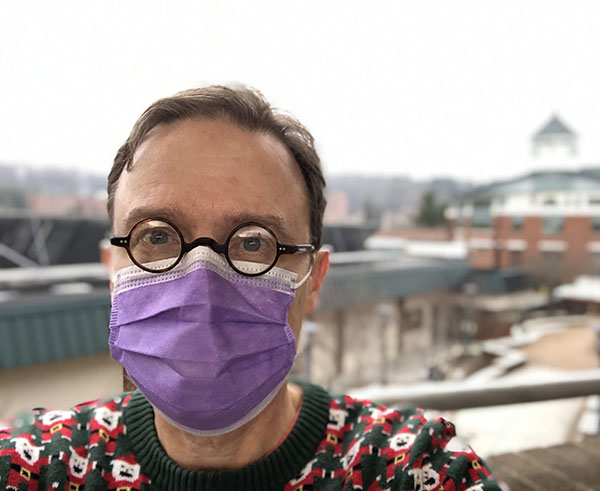
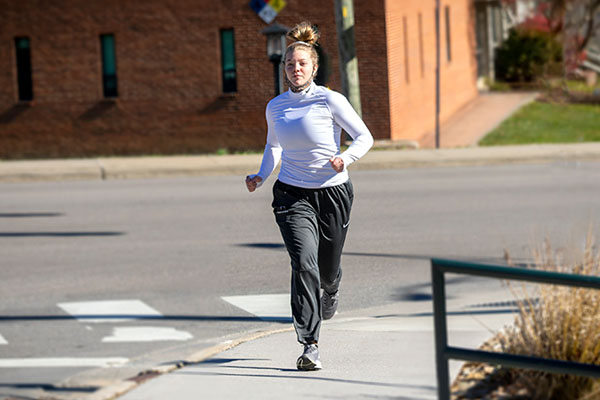
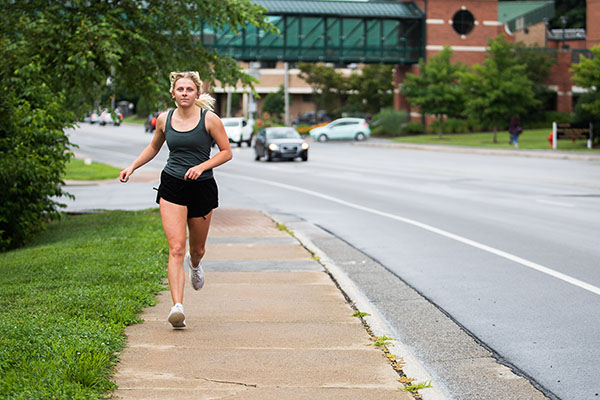
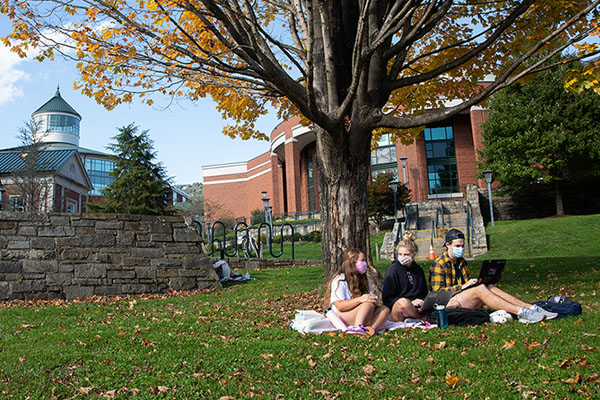



![How NCInnovation Is Rethinking Economic Development in North Carolina [faculty featured]](/_images/_posts/2026/02/rethinking-economic-development-600x400.jpg)







